The 6 Most Important Tech Trend Predictions For 2023
5 February 2023
Analysts at Deloitte have unveiled their predictions for what they believe will be the most important tech trends of the next 12 months. To do this, they have framed core trends, including machine learning, cloud computing, and blockchain, against the dynamically shifting industry backgrounds where they operate, aiming to focus on real-world use cases rather than just high-level technology concepts.

I took the chance to review the selection with their chief futurist, Mike Bechtel, in order to gain some insights into why the consulting giant believes they will be so influential, and how we are likely to see them impacting our lives as we move into 2023 and beyond.
The Metaverse
Predicting the impact that the much-talked-about metaverse will have on our lives, Deloitte’s report focuses on the concept of “Immersive internet for the enterprise.”
The true value of the metaverse, it is suggested, will be the new business models that it makes possible. This, they rationalize, will occur as part of the ongoing natural progression towards simpler ways of interacting with machines. This was a journey that started with punch cards – quite literally requiring an understanding of advanced mathematics and the fundamental workings of computer science in order to operate. Iterative advances such as desktop icon-driven interfaces and mobile touchscreens have enabled more intuitive interactions, bringing us to where we are today – at the dawn of an age of immersive virtual worlds and experiences.
Bechtel tells me, "What we’re starting to see with metaverse is that we’re ready for a new chapter of the world wide web – a new chapter of the internet … think of it perhaps as an immersive internet.”
Just as with earlier iterations of the internet, those who get involved will fall roughly into one of three groups. These are "promoters" who really just want a website as a big, new-age business card that basically just says, "call us." Then there are the "plussers”, who use the technology to add new ways for their customers to engage with them – Betchel uses the example of a food business that adds online menus and ordering to their website. Finally, there are the true pioneers that will use the new technology to break out entirely new business models and products – the equivalent of the “hyperscalers” that have grown into the web giants of the internet age.
Artificial Intelligence
The key trend around AI in 2023, Deloitte suggests, will involve trust. Specifically, “Learning to trust our robot colleagues.”
This will see organizations addressing key questions as machines move from “number crunching” tasks like running spreadsheets towards a new field of cognitive decision-making tasks. Here, Deloitte suggests, businesses and organizations will start to see their successes or failures defined by how fully they open themselves up to trusting smart, self-teaching machines and algorithms.
As the report states, “As algorithms increasingly shoulder probabilistic tasks such as object detection, speech recognition, and image and text generation, the real impact of AI applications may depend on how much their human colleagues understand and agree with what they’re doing.”
In many ways, attaining the necessary level of trust is likely to be dependent on the extent that the AI itself can become transparent and explainable. It’s not controversial to say that, today, the technology has something of a “black box” problem – we often simply don’t understand how it works and how it arrives at the answers it gives us. Overcoming this is likely to be an essential step on the road to developing AI that everyone can treat as a trusted colleague.
Cloud Computing
For many organizations, the focus on the cloud space in 2023 will be firmly on "taming cloud chaos." This will take place as we work on getting to grips with the ever more complex ecosystems of public, private, hybrid, and multi-cloud solutions that make up the average enterprise tech stack. In fact, Deloitte tells us that 85 percent of businesses are using at least two cloud platforms, and 25 percent are using as many as five. While this heterogenous mix of tools and platforms can often result in all the flexibility and options that we need, it can lead to businesses failing to fully leverage the full range of benefits they have at their disposal, as well as the creation of unnecessary expense.
When I spoke with Mike Bechtel about this trend, he told me he likes to use an analogy connected to the days of cord-cutting away from cable TV services.
“Remember the early days of streaming? The value proposition was … I could lower my bill and get most of what I wanted in this simple new interface. Well, if you think about … the last ten years of the streaming revolution … you had two streaming services, then four, then eight … it’s confusing and I wish TV was easy like it used to be … and the cost arbitrage has lessened because the added cost of all these streaming services is approaching what we used to pay for the big cable bill!”
The solution, Deloitte's report suggests, is a "layer of abstraction and automation" that sits above the tangled cloud ecosystem, providing an overview in the form of unified dashboards and control panels – a solution sometimes referred to as "supercloud" or "sky computing." This will be delivered in line with a paradigm that the report terms "simplicity as a service."
The Skills Gap
This is an issue affecting businesses in all industries, but none more so than those that rely on highly sought-after STEM skills. To counteract this, Deloitte’s report suggests that successful companies will look to “flexibility – the best ability.”
This means rather than going all-out to compete for the small and expensive external supply of tech talent, focusing instead on cultivating and developing the talent we already have in-house. The resources of talent and innovation needed to drive business success in today’s markets may not, the report suggests, lie in hotshot outside appointments with decades of industry experience and advanced degrees from prestigious colleges. “Don’t compete when you can create” is a tidbit of advice contained in the report, which seems very sensible to me.
Should we not be worried that once we have spent prodigiously on retraining and upskilling our staff, they will be poached by competitors? Not at all – in fact, we should welcome it, as it shows that we're investing in people in the right way. The answer is to simultaneously invest in ensuring the work they are doing is rewarding enough that they simply won’t want to leave.
Decentralized Systems
Of all the breakout technology trends, blockchain – the decentralized, encrypted database platform that underpins cryptocurrencies like Bitcoin – probably has the biggest image problem, admits Bechtel. Created anonymously over a decade ago, its most successful use case so far has been creating new markets and methods of paying for illicit substances on the "dark web." To many, this means it’s hard to understand how every enterprise organization from Silicon Valley to Singapore is investing heavily in the technology. Essentially, the aim of the search is to find ways of eliminating trust from digital transactions involving more than one entity. In 2023, we move on to a new stage in this search, suggests Deloitte: "In Us We Trust."
After the initial use cases for blockchain established themselves, "We went into this adolescent period where blockchain showed up as this shiny hammer in search of nails," Bechtel explains to me.
“I can’t tell you how many clients I spoke to – ‘we’ve got a pilot, we’ve got a prototype, we’re using it for a thing’ … the problem was, when you have a hammer, everything looks like a nail. It was tech-led not needs-driven.”
In 2023, the important trend will be the growing understanding of putting the nail first. Bechtel gave me examples of real-world issues that can be solved by the implementation of distributed, trustless database solutions, such as a state-led initiative looking to build systems to record proof of Covid-19 vaccinations, as well as a cocoa producer in Africa looking to eliminate child labor from the product’s supply chain, and a jeweler balancing the need to compete with manufacturers of synthetic diamonds while proving that their own stones are not conflict diamond.
Mainframe Modernization
Finally, in 2023 – deep into the era of cloud and mobile computing – we might be somewhat surprised to find the word “mainframe” mentioned in a list of the hottest, up-to-the-minute technology trends!
But this refers to an ongoing drive to link legacy hardware – such as the venerable mainframe platforms of yore – to emerging technologies. "Rather than rip and replace legacy core systems, businesses are increasingly looking to link them to emerging technologies using innovative new connectors so that each family of systems can do what it does best," the report reads.
An example given is Israeli healthcare provider Meuhedet, which relies on its established mainframe systems to record and store patient data simply because it's always worked well and sees no need to replace it.
However, far newer and emerging technology such as cloud, web services, machine learning algorithms, and Big Data dashboards can be applied to make the systems far more feature-rich, usable, and valuable. This is increasingly done via AI-powered middleware solutions and microservices. Another example given involves BMW's adoption of Nvidia's Omniverse platform, which has allowed it to tap into the efficiency of legacy manufacturing infrastructure at its UK production plant, retooling it to support the production of electric vehicles.
Related Articles
The Biggest Barriers Blocking Agentic AI Adoption
By now, “smart” versions exist of just about every home appliance, gadget and gizmos we can think of. However, manufacturers continue[...]
Space, AI, And The Future Of Human Potential
By now, “smart” versions exist of just about every home appliance, gadget and gizmos we can think of. However, manufacturers continue[...]
AI Agents Are About To Reshape The Future Of Business
By now, “smart” versions exist of just about every home appliance, gadget and gizmos we can think of. However, manufacturers continue[...]
The Marketing Metrics That Will Matter Most In The Age Of AI Agents
By now, “smart” versions exist of just about every home appliance, gadget and gizmos we can think of. However, manufacturers continue[...]
AI Travel Hacks And Prompts That Will Save You Time, Money And Stress
By now, “smart” versions exist of just about every home appliance, gadget and gizmos we can think of. However, manufacturers continue[...]
AI Agents Are Already Reshaping Business Leadership And Decision Making
By now, “smart” versions exist of just about every home appliance, gadget and gizmos we can think of. However, manufacturers continue[...]
Sign up to Stay in Touch!
Bernard Marr is a world-renowned futurist, influencer and thought leader in the fields of business and technology, with a passion for using technology for the good of humanity.
He is a best-selling author of over 20 books, writes a regular column for Forbes and advises and coaches many of the world’s best-known organisations.
He has a combined following of 4 million people across his social media channels and newsletters and was ranked by LinkedIn as one of the top 5 business influencers in the world.
Bernard’s latest book is ‘Generative AI in Practice’.




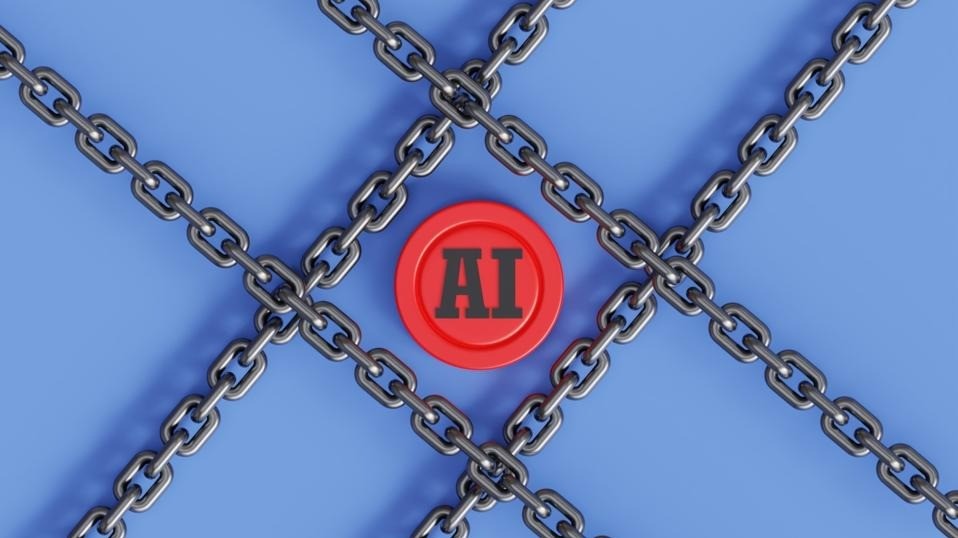
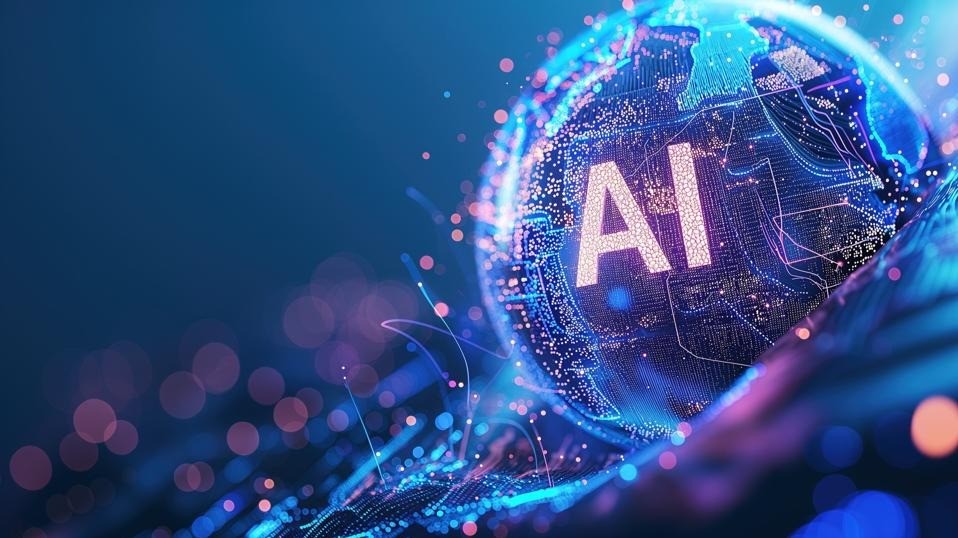
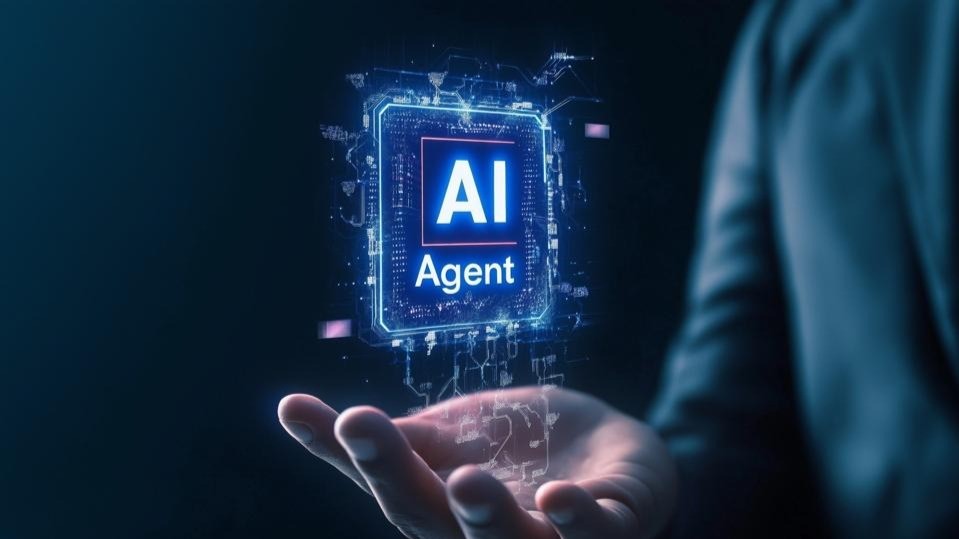
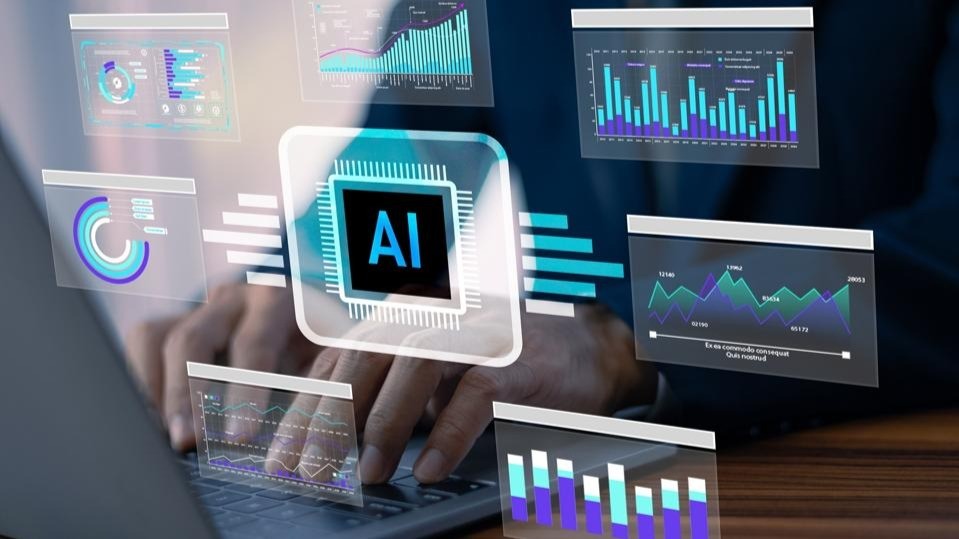

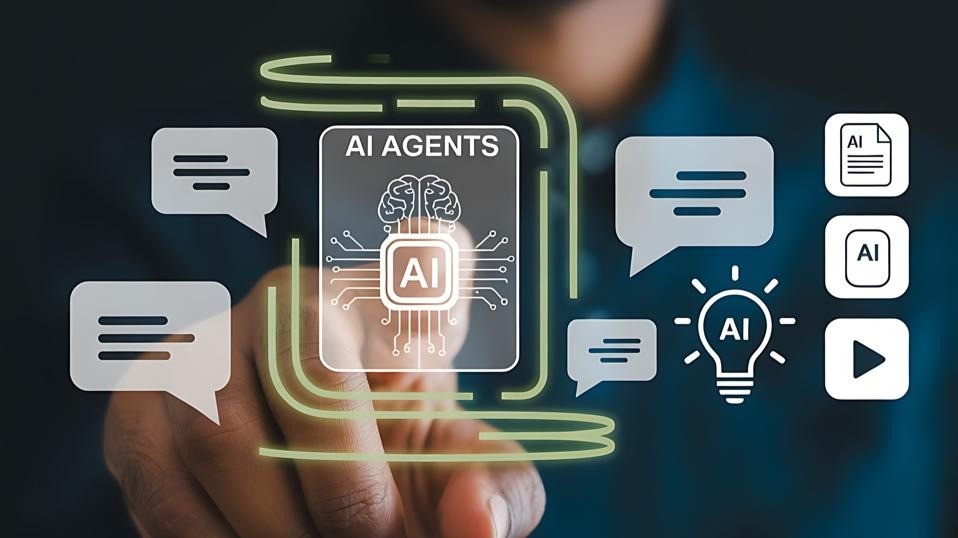
Social Media